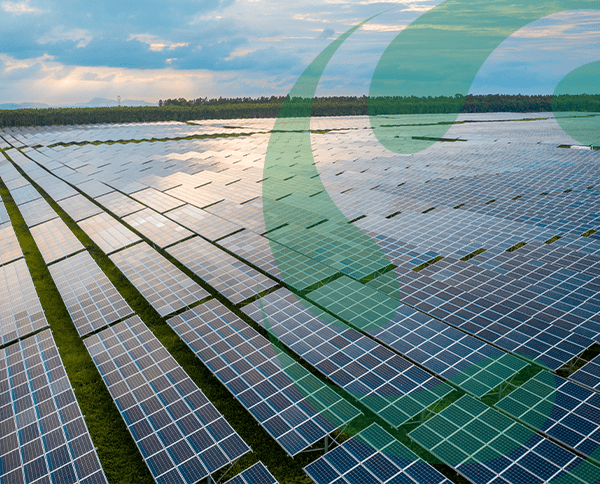
What is Floating Solar Plant?
Floating solar power plants are more advantageous than ground-mounted projects, here are some of them;
- Water is a natural cooler in nature and photovoltaic panels have an ideal operating temperature and in this temperature, photovoltaic panels are working with the highest efficiency. But of course, there are some criteria that are like daylight rate and sunlight angles.
- Another positive impact is avoiding pollution. Floating solar panels are structured to a large spare and because of Water, pollution rate stays less, it has a positive effect for efficiency.
- The big problem with lakes and dams is evaporation, because of the high temperature. Floating solar projects can help to minimize it. In fact, countries that have too much evaporating are thinking to construct floating solar projects on lakes and dams, for example; Turkey and South European countries etc. It will reduce dependency on conservative energy sources and power plants that use fossil fuels. In arid climates such as Australia this is an important advantage since about 80% of the evaporation of the covered surface is saved and this means more than 20,000 m3/year/ha. This is very useful feature if the basin is used for irrigation purposes.
- Many studies claim that there is a signifaicant improvement in efficiency putting solar panels over water. The energy gain reported range from 5% to 15%.
Floating PV Projects will be used much more in the near future thanks to their efficiency and they have subsidiary potentials compared to other clean energy sources like hydropower. It can be used especially in countries with less land more water, as an example, Japan has potential of 3 GW of solar projects, the Netherlands is another advantage country for this technology.
Copyright © 2023 All Rights Reserved
